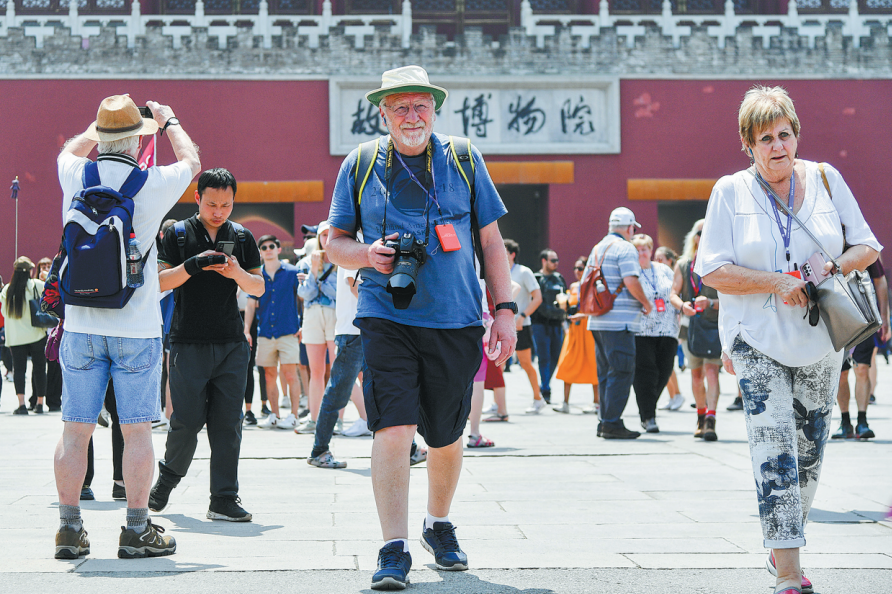Vaccine passports pose dilemmas
China Daily Global | Updated: 2021-02-10 11:19

Several unknowns
In January, the World Health Organization said it was opposed "for the time being" to the introduction of COVID-19 vaccination certificates as a condition to allow the entry of international travelers into other countries.
"There are still too many fundamental unknowns in terms of the effectiveness of vaccines in reducing transmission and vaccines are still only available in limited quantities," stated the WHO in its recommendations. It added that proof of vaccination should not exempt from other health precautionary measures.
The ethics of vaccine passports have been the subject of debate since the idea emerged.
Ana Beduschi, associate law professor at the University of Exeter in the UK, told television news network Euronews that the health passports may help with management of the pandemic, but they may also raise privacy issues.
"Digital health passports may contribute to the long-term management of the COVID-19 pandemic. However, they pose essential questions for the protection of data privacy and human rights," she said.
"Arguably, such measures could preserve the freedoms of those who do not have the disease or have been vaccinated. However, if some people cannot access or afford COVID-19 tests or vaccines, they will not be able to prove their health status, and thus their freedoms will be de facto restricted."
Many experts have noted that to achieve global herd immunity, some 80 to 90 percent of the world's population would have to be vaccinated.
According to the People's Vaccine Alliance, rich countries secured 53 percent of the most promising vaccine candidates, despite representing just 14 percent of the world's population. It said that, without urgent action, just 10 percent of the populations of 67 developing countries can be vaccinated this year, putting citizens of key travel destinations such as Cambodia, Kenya, Sri Lanka and Uganda at risk.
























